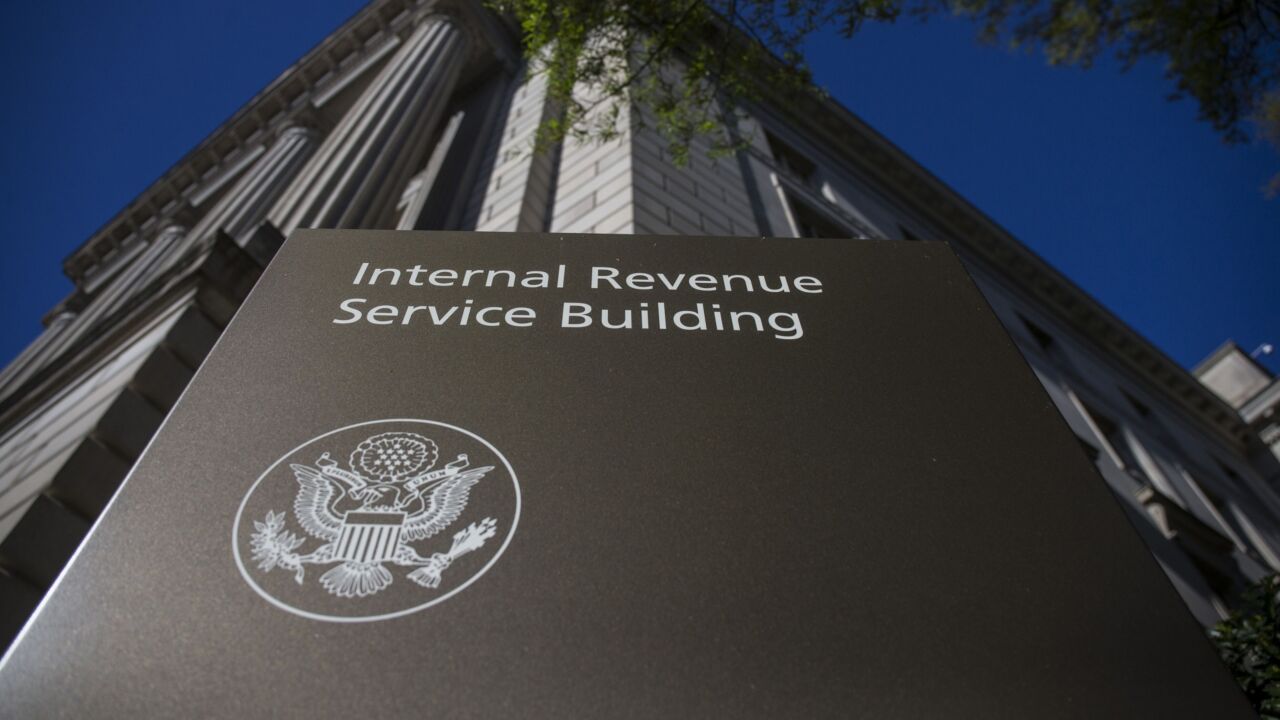Audit committees that include a former partner from the firm that audits their company can still retain their independence and have high-quality audits, according to a new study.
The researchers examined the impact of past ties on a large sample of former partners of Big Four accounting firms who sit on corporate audit committees in terms of the effect on financial restatements, timely reporting, audit fees and other measures. They found that companies with affiliated audit committees are, on average, 21 percent less likely than those without them to misstate their financial results and 26 percent less likely to be late in reporting material weaknesses in their systems of financial reporting.
The study, by Thomas C. Omer and Marjorie K. Shelley of the University of Nebraska — Lincoln, Brant E. Christensen of the University of Oklahoma, and Paul A. Wong of the University of California, Davis, appears in the current issue of Auditing: A Journal of Practice and Theory, a quarterly published by the American Accounting Association.
The researchers analyzed data on 4,906 different companies that were audited by the Big Four during the nine years starting in 2004, the second year after the passage of the Sarbanes-Oxley Act of 2002, which gave audit committees more responsibility for the quality of financial reporting. In an average year, approximately 6 percent of the sample had an audit committee member who was a former partner of whichever Big Four firm was performing that year’s audit, while 12 percent had a member who was a former partner of another Big Four firm. The rest had no former Big Four partner on their audit committee.

The professors looked at several variables. They found less likelihood of misstatements and of belated reporting of material weaknesses; less likelihood of audit-firm dismissal; lower audit fees; and less lag time in the issuance of financial reports. They also found no significant relationship between audit quality and the presence on the audit committee of a non-affiliated former Big Four partner. The results suggest, according to the study, “the unique effect of affiliation on the coordination between the audit committee and the audit firm.”
The study seems counterintutive and contradicts some previous studies that found compromises against auditor independence when a top manager of a client, such as the CEO or CFO, came from its accounting firm. But the authors of the latest research contend it offers evidence of the benefits of “having an audit committee member with personal, in-depth knowledge of the audit firm and longer audit-firm tenure.” The findings, they believe, should be of value not only to other scholars but to regulators and practitioners.





